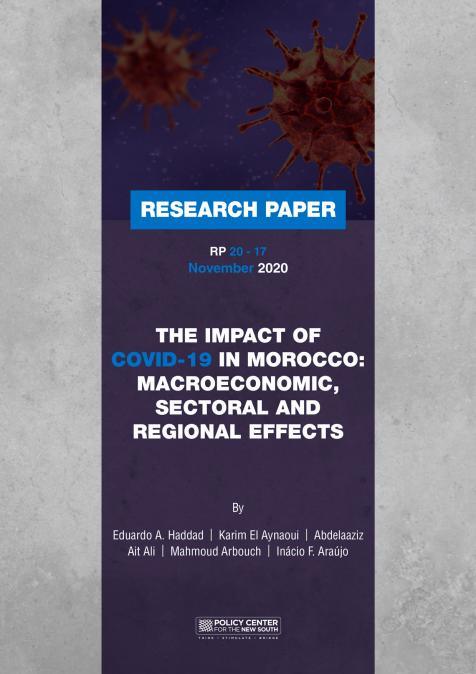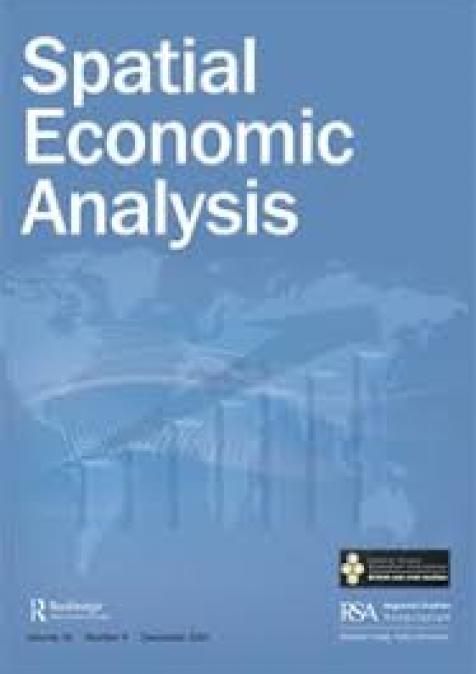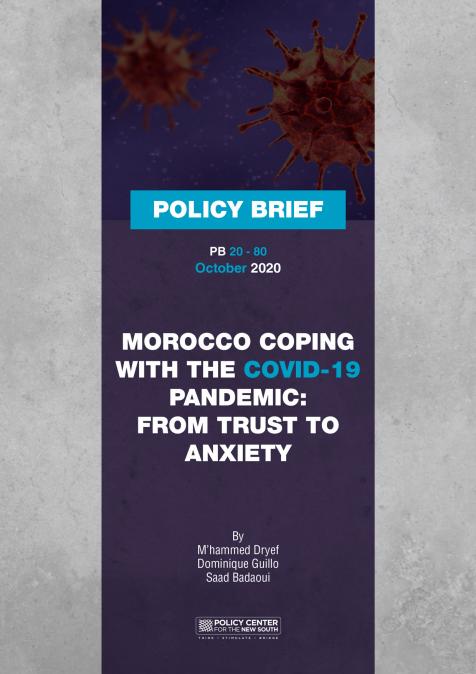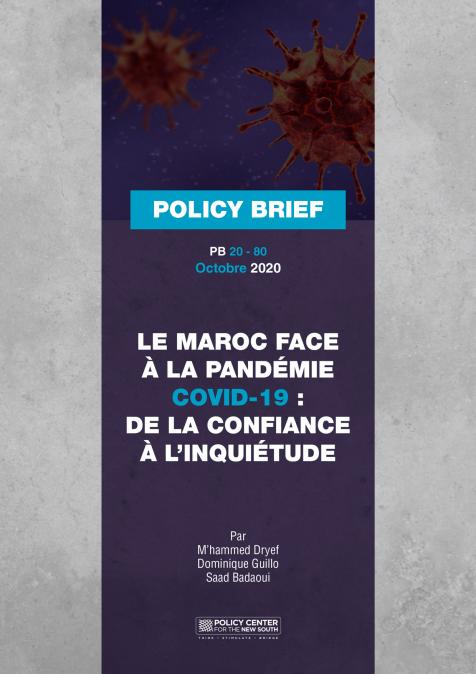Publications /
Opinion
“The most effective way to destroy people is to deny and obliterate their own understanding of history” (George Orwell)
It was one of those years to forget. In 2020, three million citizens worldwide were killed by a devastating virus. How should we deal with COVID-19’s tragedies in the post-virus phase? Winston Churchill’s wisdom may help avoid another cataclysm: “those who fail to learn from history are doomed to repeat it”, he is supposed to have said. The source of the evil virus has still not been identified: an animal market in China, a virus escaping from a Chinese lab, an accident, a sabotage project against the free world? How do nations swamped by billions of digital words deal with mass information, fake and true, distorted and honest, malicious and menacing? Who can the people trust in the future, politicians or scientists, who did not expect any evil virus to appear and hardly delivered the necessary tools to avoid death and drama? Hundreds of history books have been written about the devastating consequences of plagues and pandemics. Yet, in our days viruses seemed, even to honorable scientists, less dangerous and immediate than nuclear weapons. Defensive rocket systems have been designed, along with supportive satellite systems, but research centers and factories for the production of vaccines have been neglected, moved off the list of priorities, as were protective gear and ventilators for the gravely ill.
The impact of coronavirus in 2020 was made worse by complacency. When its impacts became clearer, where was the leader to call the globe to unite? Solidarity was replaced by nationalism. Borders have been closed and vaccines fought over. In 2020, the U.S. alone buried as many virus-stricken citizens as it lost on the battlefields of the Second World War. “This might be a point of no return for our civilization,” wrote Biman Nath, an Indian astrophysicist, science writer and novelist, in October 2020. “We need to think more, read more, argue more and publish more in depth books, so our discussions remain informed and do not get hijacked by hot button outburst in social media,” he wrote. Scientists, sociologists, historians, and economists will be asked to reflect on this human drama, evaluating the failures in our political systems, whose leaders, at least some of them, compared COVID-19 to a common cold and prophesied the scare would end as soon sunrays appeared on the horizon. Richard Horton, editor in chief of British medical magazine The Lancet recalled in the first chapter of his book (The Covid-19 Catastrophe: What’s gone wrong and how to stop it happening again, Cambridge: Policy Press 2020) how science and politicians failed to react to alerts from China and Italy early in the pandemic, how disinformation was spread widely and how many countries looked more to their own interests than global collaboration. He also pointed out that scientific and healthcare leaders should have better understood the scale of the problem and given clearer signals to political leaders on appropriate action. Nath wrote: “One aspect missing from the books published so far is a comparison of the approaches to combat COVID-19 adopted by different countries, and a discussion on the Cuban strategy—unrelenting monitoring of every family in the country for signs of the illness—is a glaring omission, although it could be instructive”. A further failure, in the opinion of the expert: a detailed (and unbiased) account of the controversies surrounding the various medicines or treatments that are being tried out—though developments might quickly overtake what has been written.
The Adverse Repercussions of Vaccine Nationalism
The COVID-19 Program described in the 2020 Activity Report of the Policy Center for the New South in itself could have been a book in its own right: an in-depth collection of studies by 30 researchers and 44 Senior Fellows dealing with the COVID-19 devastation of our world. The collection of analyses, 209 research publications, 118 policy briefs and 46 policy reports (plus 187 blog posts) is an encouraging contrast to the avalanches of fake news, which have spread delusional visions around the world, thus jeopardizing a serious public debate on coronavirus and its impacts. The research of readers interests proved that on the top-ten reading list, the majority of subjects were COVID-19 related—its impact on tourism, on Kenya’s economic development, the novel coronavirus in times of globalization, l’Autonomisation Économique des Femmes marocaines en temps de Covid-19 et d’avant, Globalization in the Covid-19 Pandemic- how is Africa’s economy impacted?. Maha Skah examined in a blog post the immediate consequences of the pandemic on major players in international relations, and the resulting rebalancing of power dynamics. Researcher Salma Daoudi explored the geopolitical stakes in the race for a COVID-19 vaccine in a policy brief entitled ‘Vaccine nationalism in the age of COVID-19: holding back pandemic control’. The paper highlighted the adverse repercussions of vaccine nationalism on global power relations and identified points for reflection on facilitating equitable access to vaccines.
In his introduction to the Activity Report 2020, Executive President Karim El Aynaoui stated: “COVID-19 painfully scarred 2020, indiscriminately disrupting the daily lives of people around the world. It exposed both our frailties and fractures and tested our endurance and humanity. Ultimately it triggered reconsideration of our perceptions, certainties and convictions, and brought to light unsuspected potential for adaption, inventiveness and solidarity in all of us”. The think tank, one of the most prominent in North Africa and the Middle East, was focused on staying abreast of the pandemic, wrote the Executive President, “and addressing its socio-economic impacts and fallout, its geostrategic complications and likely scenarios for successful post-COVID-19 recovery and management”. Thus the Policy Center for the New South in 2020 (and 2021) focused on the global challenge more intensively than on almost any other major subject before, realizing in time that the virus would be in the center of attention for months, possibly years, and inviting researchers and senior fellows to adapt to instant history, to a demanding daily program of updates on new discoveries in scientific research and shifts in political positions, attempting to answer questions such as “the effects of the coronavirus on the dynamics of the fight against climate change”, or “Does COVID-19 tip the scales in China’s geopolitical ambitions?”
Before COVID-19 hit, several books did alert the public about the risk of pandemics. Examples include Going viral: zombies, viruses, and the end of the world by Dahlia Schweitzer (2018), and Epidemics: The Impact of Germs and Their power over Humanity by Joshua S. Loomis (2018). Mark Honigsbaum’s The Pandemic Century-one hundred years of panic, hysteria, and hubris, came out in April 2019, some months before the COVID-19 outbreak began to shake the world. In the first pages of his book, Honigsbaum cited the warning of René Dubos (who isolated the first commercial antibiotic in 1939), who predicted that complete freedom from disease was a “mirage” and that “at some unpredictable time and some unforeseeable manner, nature ‘will strike back’”. It has, and more is almost certain to come.









